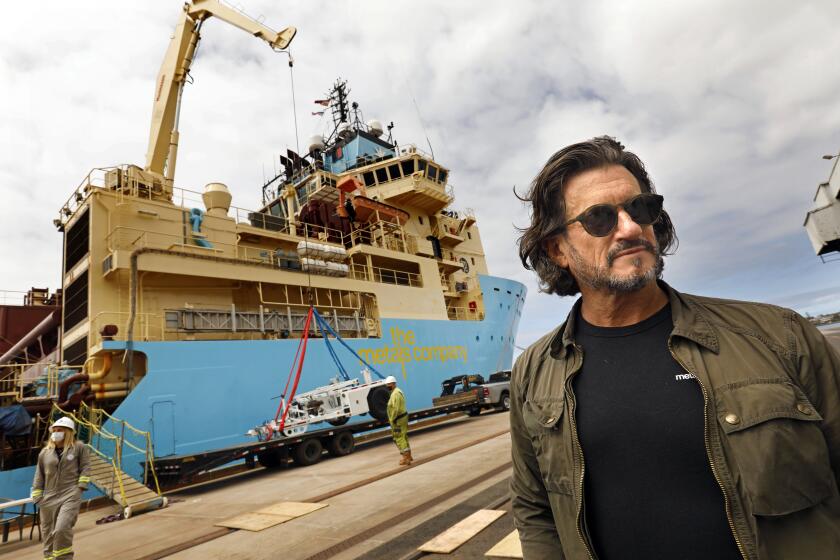Priest Seeking to Spotlight Drug Dealers : A maverick prelate in Chicago calls on people to use video cameras to help catch criminals.
Inspired by the national furor that erupted after the videotaping of police officers beating a motorist in Los Angeles last month, an activist Catholic priest has begun a national campaign to persuade people to use video cameras to help the police arrest drug dealers.
Father George H. Clements already has a constant police guard because of threats he has received over his longstanding anti-drug campaign. Undaunted by threats and vandalism--in January someone fired a shot into his rectory window--he is preaching that video cameras can be a new tool to empower citizens whose neighborhoods have been overrun by drugs.
“I really think that these are effective weapons to battle the drug trade in neighborhoods where that is a problem,” Clements said.
BACKGROUND: The maverick priest was the subject of a made-for-television movie in 1987 that focused on his decision to adopt children. He did it, he said, to dramatize the plight of thousands of black children in foster homes and institutions. In recent years, he and Father Michael Pfleger, another Chicago priest, have aroused the ire of drug dealers by, among other things, campaigning to get stores to stop selling drug paraphernalia.
Now he is escalating his campaign. “I was inspired by what happened in L.A.,” he said. “Motivated by that, I went out and taped some drug deals.”
Even before a Lake View Terrace resident videotaped Los Angeles police officers beating motorist Rodney G. King on March 3, video cameras had become an increasingly popular instrument of surveillance by average, everyday folk.
Videotapes taken by amateurs have been used in a number of court cases alleging improper use of force by police officers around the country.
The best-known deliberate use of a video camera in such a case occurred in 1988, when Don Jackson, a former Hawthorne police sergeant, took his camera throughout the Los Angeles area to look for police misconduct. A television crew secretly recorded his arrest by two Long Beach officers after a traffic stop. On the tape the officers are shown cursing Jackson and apparently pushing him through a plate glass window.
After the subsequent King videotape, Clements gave the idea a new twist, much to the chagrin of Chicago police.
Police Supt. LeRoy Martin, warning of the danger, advised citizens instead to report the names and license plate numbers of drug dealers to the police. “Amateurs who attempt to capture these activities on film are putting themselves and their families at high risk,” he said.
Clements said he recorded his first tape from inside someone’s home while hiding behind the curtains.
“I certainly agree with (Martin) that if it is unsafe, then it shouldn’t be done,” he said. “I certainly don’t want anybody to jeopardize their safety.”
OUTLOOK: But he said the police superintendent’s advice has not deterred him. “We’ve taped several (drug transactions) since then,” he said. “And many people have turned in tapes which we have made available to the Police Department.”
The tapes probably would not be admissible in a court of law, Clements said, but he insisted they are useful in documenting to police that there is a problem and in revealing to authorities the identities of people involved in drug dealing.
“It’s a big help to the police,” he said. “It’s not hearsay, it’s something you can actually see.”
After touting his videotaping idea in a Chicago press conference last month, Clements went to Cleveland to deliver a speech titled “Empowering Neighborhoods to Kick Crack” in which he promoted the notion. He said he plans to speak in other cities across the country.
More to Read
Sign up for Essential California
The most important California stories and recommendations in your inbox every morning.
You may occasionally receive promotional content from the Los Angeles Times.





